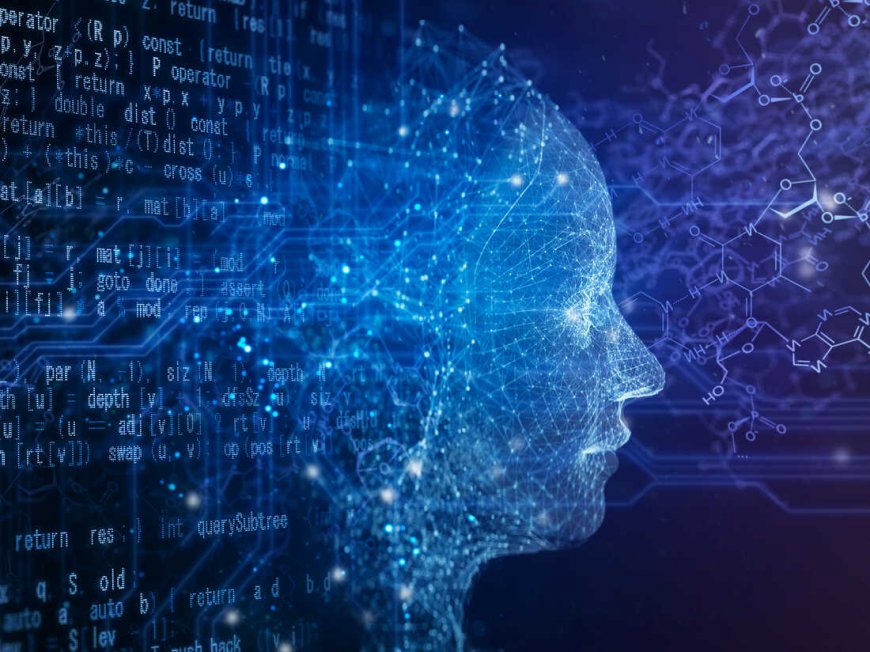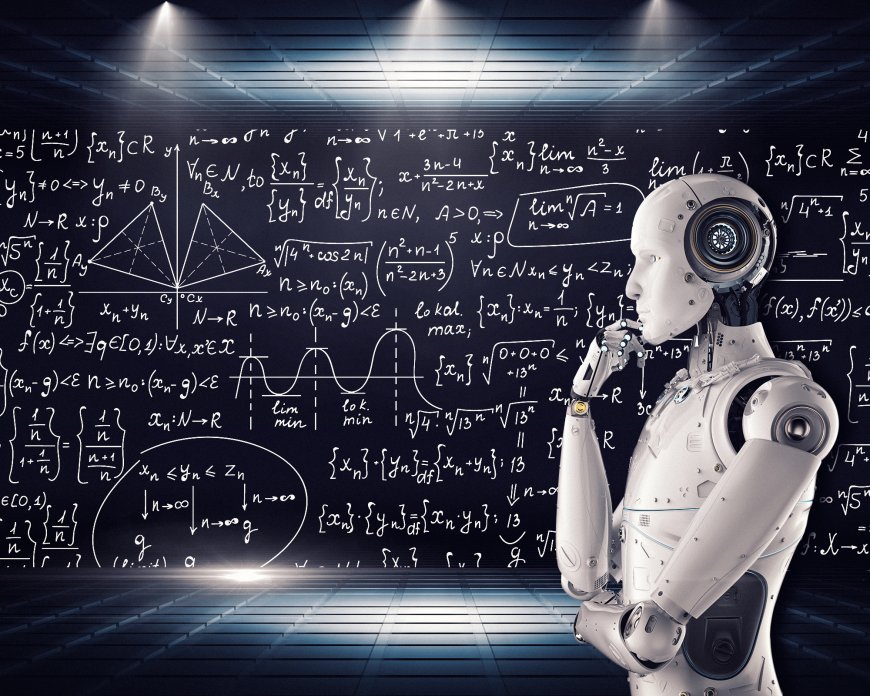AI Today: The State of Artificial Intelligence in 2023
Artificial intelligence (AI) is rapidly becoming a part of our everyday lives. From powering our smartphones and smart speakers to helping us make decisions at work, AI is having a profound impact on the way we live and work.

What is AI?
Artificial intelligence is a branch of computer science that deals with the creation of intelligent agents, which are systems that can reason, learn, and act autonomously. AI research has been highly successful in developing effective techniques for solving a wide range of problems, including natural language processing, computer vision, and machine learning.

Latest trends in AI research
There are many exciting trends in AI research today. One of the most promising trends is the development of large language models (LLMs). LLMs are trained on massive datasets of text and code, and they can generate text, translate languages, and answer questions in an informative way. Another trend is the development of deep reinforcement learning (RL). Deep RL is a type of machine learning that allows agents to learn by trial and error. Deep RL has been used to develop agents that can play games at a superhuman level, and it is also being used to develop agents that can perform tasks in the real world.
The potential impact of AI on the future of work
AI is likely to have a profound impact on the future of work. Some experts believe that AI will lead to the widespread displacement of jobs, while others believe that AI will create new jobs that we cannot even imagine today. It is likely that AI will have a mixed impact on the workforce, with some jobs being lost and others being created.
The potential impact of AI on society
AI is also likely to have a profound impact on society. For example, AI could be used to improve healthcare, education, and transportation. AI could also be used to address some of the world's most pressing problems, such as climate change and poverty.

Common AI models in 2023
- GPT-3 (Generative Pre-trained Transformer 3) is a large language model developed by OpenAI. It is trained on a massive dataset of text and code, and can generate text, translate languages, and answer questions in an informative way.
- LaMDA (Language Model for Dialogue Applications) is a factual language model from Google AI. It is trained on a massive dataset of text and code, and can generate text, translate languages, and answer your questions in an informative way.
- BERT (Bidirectional Encoder Representations from Transformers) is a language model developed by Google AI. It is trained on a massive dataset of text, and can be used for a variety of natural language processing tasks, such as text classification, question answering, and summarization. [Link]
- XLNet (eXtreme MultiLingual Language Model) is a language model developed by Carnegie Mellon University and Google AI. It is trained on a massive dataset of text in multiple languages, and can be used for a variety of natural language processing tasks, such as text classification, question answering, and summarization.
- RoBERTa (Robustly optimized BERT pretraining approach) is a language model developed by Facebook AI. It is trained on a massive dataset of text, and can be used for a variety of natural language processing tasks, such as text classification, question answering, and summarization.
These are just a few of the many AI language models that are available today. As AI research continues to advance, we can expect to see even more powerful and versatile language models being developed in the future. Ai is a rapidly developing field with the potential to change our lives in many ways. It is important to be aware of the latest trends in AI research and development, and to consider the potential impact of AI on the future of work and society.
What's Your Reaction?















































































